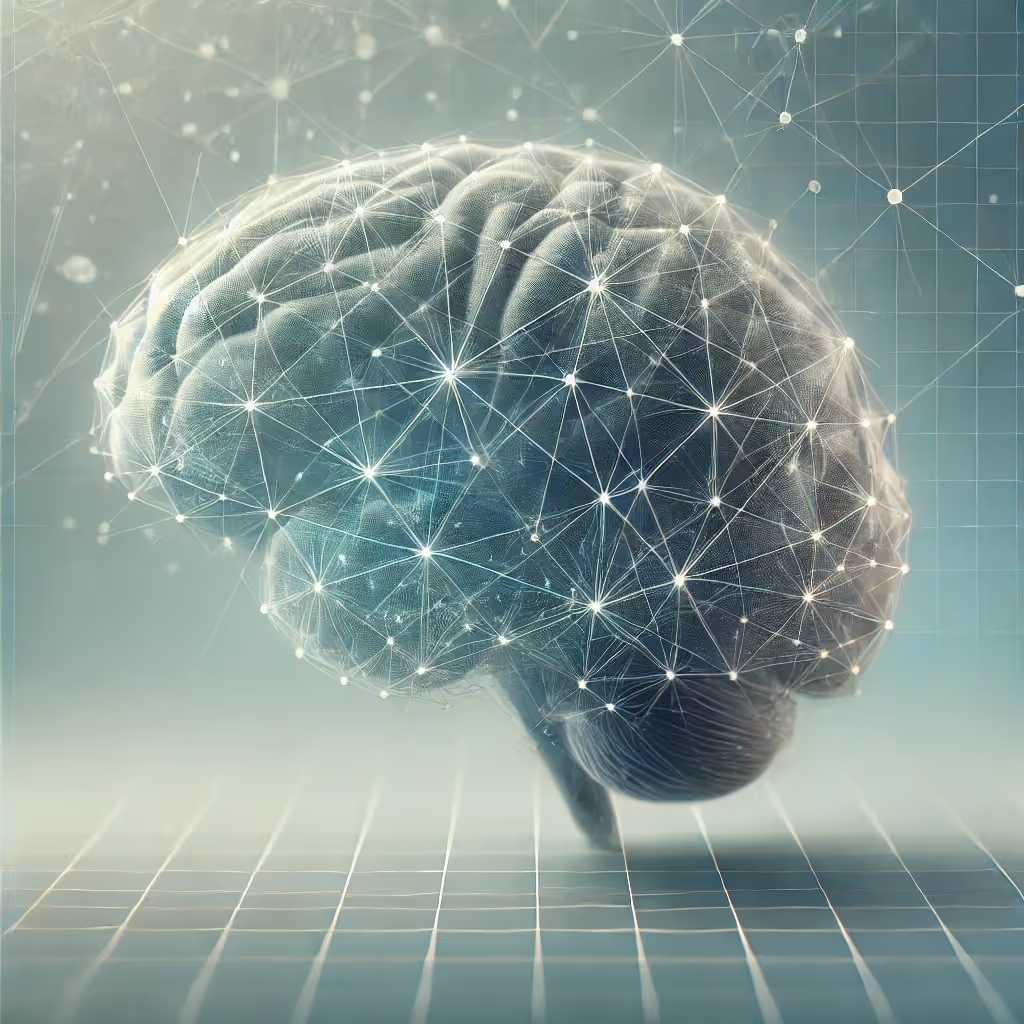Psilocybin Enhances Insightfulness in Meditation – A Neuroimaging Perspective

This is a research paper summary written by Tommaso Barba, a PhD candidate at the Centre for Psychedelic Research at Imperial College London.
Odyssey Take
Title: Psilocybin enhances insightfulness in meditation: a perspective on the global topology of brain imaging during meditation
Summary
This study explored how psilocybin, the active ingredient in "magic mushrooms," impacts the brain during meditation, compared to a placebo. Participants were experienced meditators attending a five-day meditation retreat. Psilocybin or placebo was administered on the fourth day, and participants engaged in specific meditation practices, focused attention (FA) and open monitoring (OM), during brain imaging sessions. The study revealed that psilocybin enhanced insightfulness and self-awareness by altering brain activity during meditation. Compared to the placebo group, participants on psilocybin showed greater brain flexibility and connectivity, particularly during open monitoring meditation, suggesting a powerful synergy between psilocybin and meditation.
What Was the Goal?
The study aimed to investigate how psilocybin affects brain activity during meditation and whether it enhances meditative states. Researchers examined how changes in brain patterns relate to subjective experiences, such as insightfulness (a deep understanding of oneself or reality) and positive derealization (a sense of altered perception often accompanied by detachment from rigid thinking and wonder).
What Happened in the Study?
- Participants: 36 experienced meditators participated in a five-day meditation retreat. Half received psilocybin, and half received a placebo, in a double-blind setup.
- Psilocybin Administration: Participants in the psilocybin group received a single dose of 315 μg/kg on the fourth day of the retreat.
- Meditation Practices:
- Focused Attention (FA): A meditation style where attention is directed narrowly onto a single focus, such as the breath.
- Open Monitoring (OM): A meditation style involving broad, open awareness of thoughts, feelings, and sensations as they arise, without judgment.
- Brain Imaging: Functional MRI (fMRI) scans were conducted on two occasions: before the retreat and the day after while participants meditated or rested. This allowed researchers to observe how psilocybin changed brain activity patterns during meditation compared to placebo.
- Analysis Tools: Researchers used a technique called topological data analysis (TDA), which creates "maps" of brain activity to identify patterns and relationships between brain states.
Key Findings
- Insightfulness enhanced by psilocybin
- Participants on psilocybin reported greater insightfulness during meditation, which was strongly linked to positive derealization (a pleasant sense of altered perception). These effects were significantly stronger in the psilocybin group compared to the placebo group.
- Altered brain activity patterns
- Psilocybin increased the separation between brain activity during open monitoring meditation and resting states, compared to placebo. This increased "distance" reflects greater flexibility and informational richness in brain activity, a pattern linked to enhanced self-awareness and insightfulness.
- Synergy between meditation and psilocybin
- Meditation alone led to improvements in brain integration and self-awareness across all participants. However, psilocybin amplified these effects, particularly during open monitoring meditation, where participants showed increased brain connectivity and centrality (a measure of how well-integrated a brain state is).
- Meditation effects alone
- Meditation reduced differences between focused attention and open monitoring brain states across both groups, suggesting increased meta-awareness (self-awareness of thoughts and emotions) as a result of the retreat itself.
- Psilocybin added to this effect, creating a deeper meditative experience in participants who received it.
Why is this important?
This study highlights how psilocybin and meditation work together to enhance insight and self-awareness. The findings suggest that psilocybin uniquely complements meditation by increasing brain flexibility and connectivity, particularly in states like open monitoring. These insights could inform new therapeutic approaches combining mindfulness practices with psychedelics to foster psychological healing and emotional breakthroughs.
Read next: Psilocybin and Neuroplasticity: Research & Benefits

.svg)









.svg)